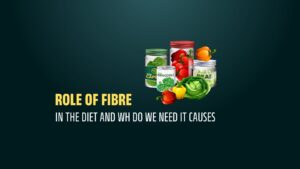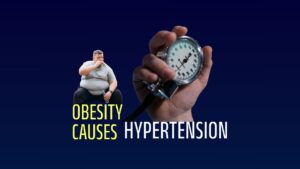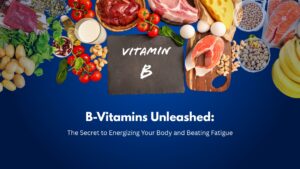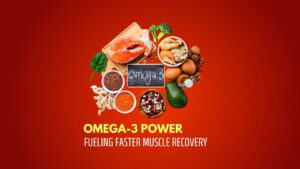
Vaishali
Bariatric Dietician & Content Writer

Hydration Beyond Water: The Role Of Electrolyte in Your Diet
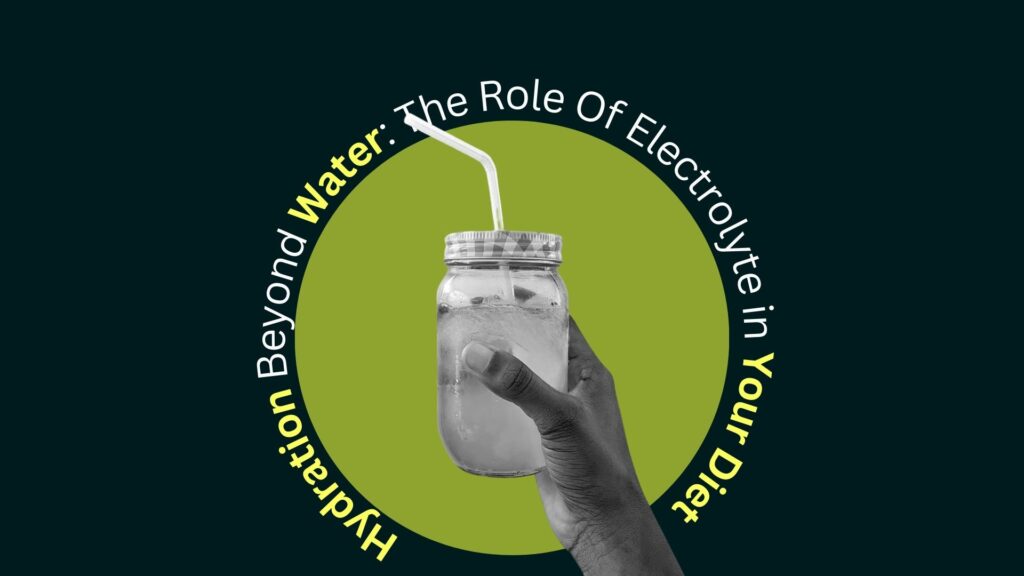
When we think about staying hydrated, water is usually the first thing that comes to mind. While it’s undeniably essential for good health, hydration is more than just water. It’s also about maintaining a balance of electrolytes minerals that help regulate important bodily functions such as muscle contraction, nerve signaling, and fluid balance.
Electrolytes are crucial for your body’s hydration, energy, and overall functioning. Let’s explore why electrolytes are so important and how they fit into your daily diet.
What Are Electrolytes?
Electrolytes are electrically charged minerals found in your blood, tissues, and urine. The most common electrolytes are sodium, potassium, calcium, magnesium, and chloride. These minerals play a vital role in regulating fluid balance, muscle function, and nerve signaling.
Without the right balance of electrolytes, your body can’t function properly, which is why they are so important for overall health.
Why Are Electrolytes Important for Hydration?
While water is key to hydration, electrolytes help water stay in your cells and tissues, ensuring that your body absorbs and retains the hydration it needs.
For instance, when you sweat, you lose both water and electrolytes. If you only drink water to replace the lost fluids without replenishing electrolytes, you might experience hyponatremia, a condition caused by an imbalance of sodium levels. This can lead to symptoms like nausea, headache, and confusion.
Electrolytes also help your body maintain optimal blood pressure and regulate fluid levels inside and outside cells.
They are essential for the function of muscles, including the heart, and for nerve transmission, which means they’re crucial for overall body coordination and energy production.
How Can You Get Electrolytes in Your Diet?
Luckily, electrolytes are widely available in various foods and drinks. Here’s how you can boost your electrolyte intake through diet:
Sodium: Found in table salt, soups, and processed foods. However, it’s important not to consume too much sodium, as excessive intake can lead to high blood pressure.
Potassium: Bananas, spinach, potatoes, and avocados are rich sources of potassium. It helps balance sodium levels in the body and supports heart health.
Magnesium: You can find magnesium in nuts, seeds, whole grains, and leafy green vegetables. Magnesium is important for muscle function and energy production.
Calcium: Dairy products, leafy greens, and fortified plant milks are great sources of calcium, which helps regulate muscle contractions and bone health.
Chloride: Often found alongside sodium, chloride is present in table salt and many processed foods.
Hydration Beyond Water: Electrolyte-Rich Drinks -
In addition to food, there are drinks specifically formulated to replenish both water and electrolytes. Sports drinks, electrolyte waters, and coconut water are popular options, though they can be high in sugar, so it’s important to choose wisely. For a natural alternative, coconut water is packed with potassium and sodium and can be a great option after exercise.
Conclusion -
Hydration is not just about drinking water; it’s about maintaining a healthy balance of both fluids and electrolytes. Ensuring that your body gets the right amount of electrolytes through food and drinks is essential for staying hydrated, preventing fatigue, and supporting your body’s muscle and nerve functions.
By understanding the role of electrolytes in hydration, you can improve your overall health and well-being, helping your body perform at its best every day. So, next time you hydrate, remember it’s more than just water—it’s about balance!

